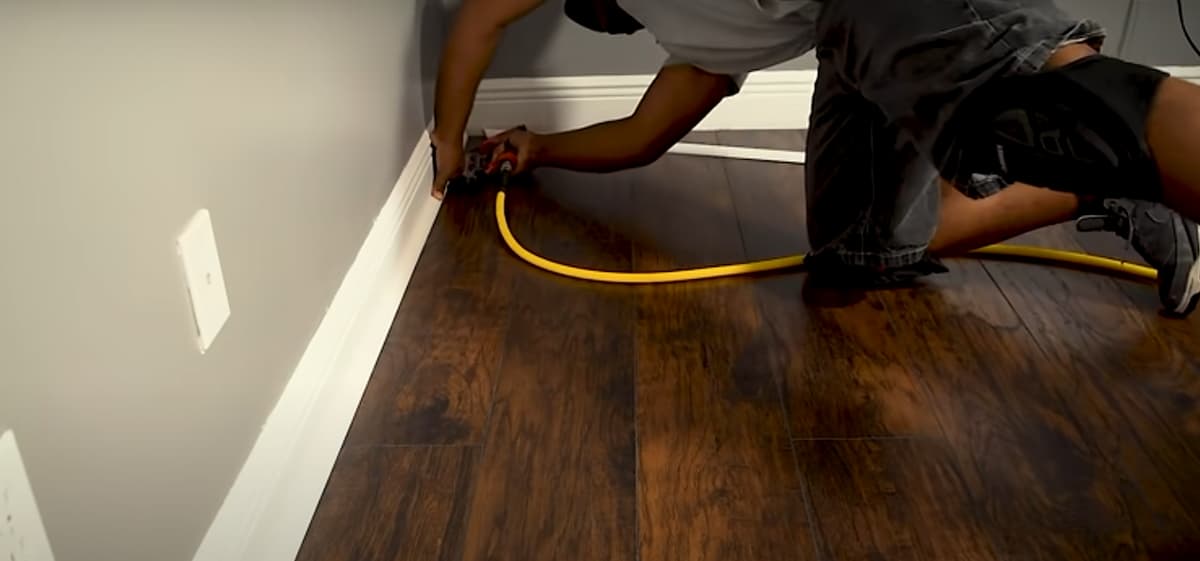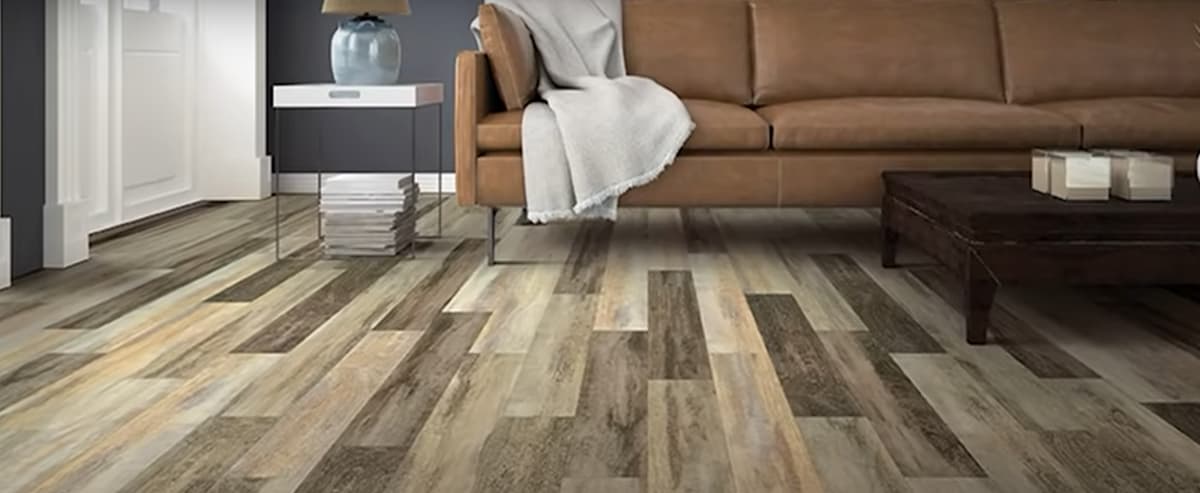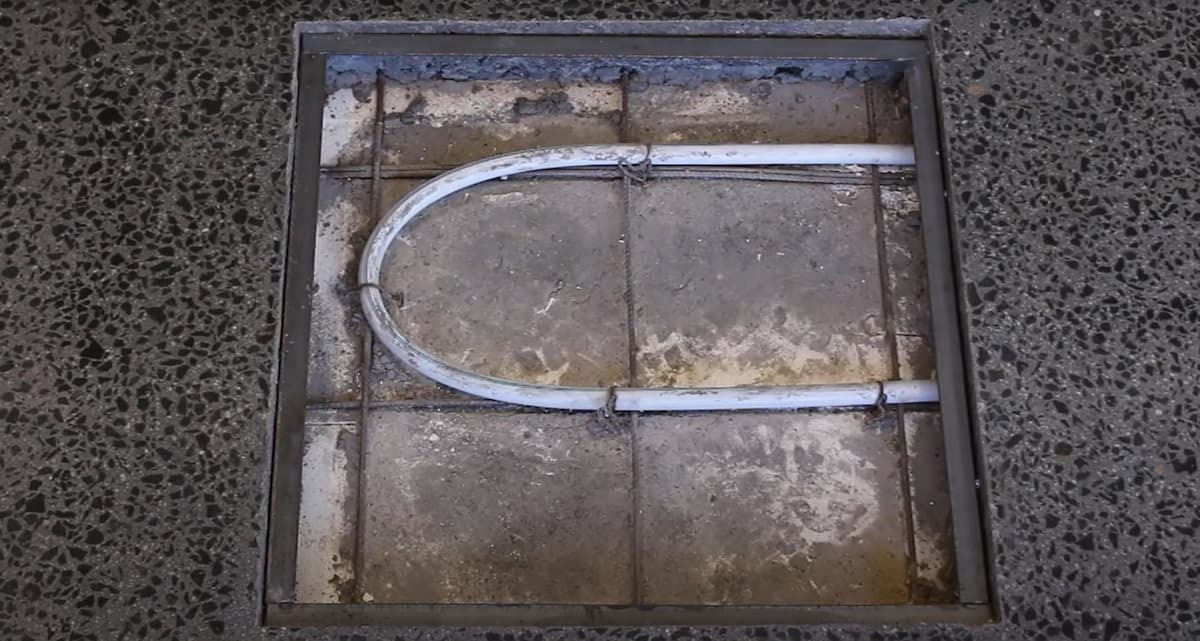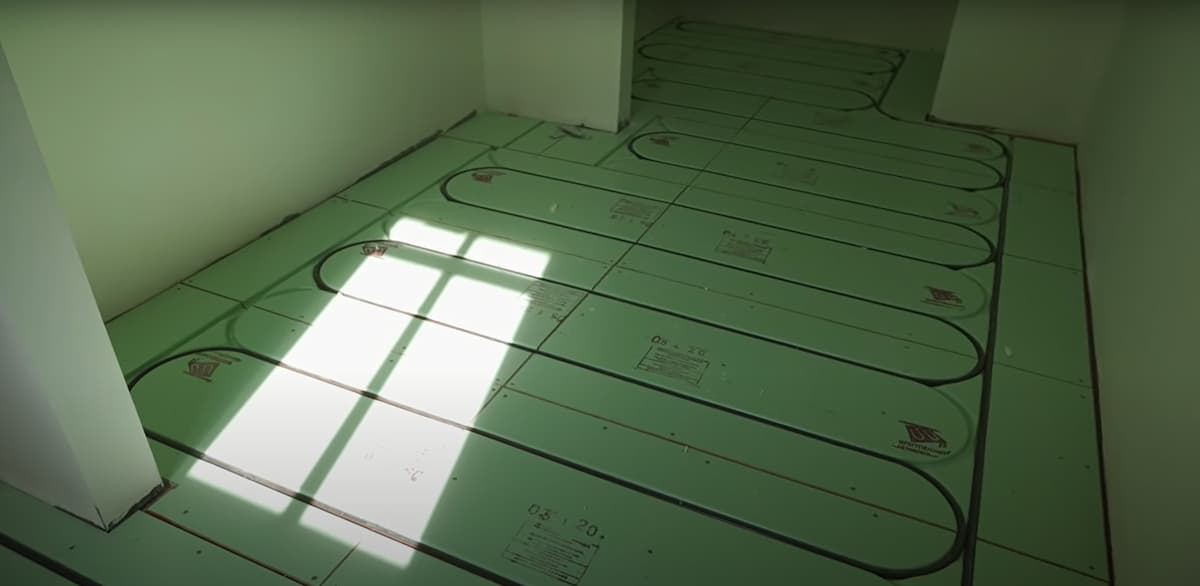
Not everyone is ready for the high costs of buying a new home. Some people are looking to buy or rent an apartment or house that is more affordable, yet they don’t want it to look cheap. As appealing as vinyl flooring may be, it’s important to know all about this material before making your purchase decision. This article may summarize the pros and cons of solid wood over vinyl in order to provide you with a better understanding of these products and their differences. In the end, it may be up to you to choose which product works best for your lifestyle and personal taste.
Difference Between Solid Timber and Vinyl Flooring
The following are some of the major differences between solid timber and vinyl flooring which may guide you on what to go for.
Cost Difference Between Solid Timber and Vinyl Flooring
It is important to note that there are an endless variety of solid timbers available in the market, hence making them more expensive than basic vinyl floors. However, vinyl floorings also come in various styles, patterns and colours which can be moulded into different shapes and sizes thus making it difficult to compare with solid timber floorings. A solid timber floor costs around $85 per square metre up to around $130 per square metre for the material alone and around $40 to $50 for labour cost. Vinyl planks are much cheaper at around $30 per square metre and can reach around $50 per square metre for the flooring material. Installation cost is between $20 and $40 per square metre.
Colour Difference Between Vinyl Flooring and Solid Timber
Hardwood flooring has a wide range of colours selection while most varieties of vinyl plank floors come in just a few shades which makes it hard for matching with furniture and other house decors.
Maintenance Difference Between Vinyl Flooring and Solid Timber
Since both types require regular cleaning and maintenance, hardwood floorings require more effort as compared to vinyl plank floors. Vinyl plank flooring on the other hand is more durable and easy to maintain which makes it an ideal choice for use in high traffic areas such as hallways and stairs.
Vinyl vs Solid Timber Flooring
Vinyl plank flooring and hardwood floorings each have their own advantages and disadvantages. It all boils down to your preference on whether you’d choose vinyl planks vs hardwood flooring. If you prefer a long-lasting solution that requires low maintenance then the vinyl tile is the way to go but if not then consider going for hardwood flooring which may give your home a unique look at a higher price. But make sure you choose reputable manufacturers for the best experience.
Difference Between Vinyl and Solid Timber Flooring
In order to determine the main difference in vinyl vs hardwood flooring, it is important to consider each of their different qualities
Durability Difference Between Solid Timber and Vinyl Flooring
As a general rule, a high-quality solid wood floor is going to be a much more durable flooring material than that of a high-quality vinyl floor because most hardwood varieties are harder compared to most sheet vinyl. Vinyl floors come in either foam or rubber-based core material both of which can wear down over time resulting in cracks and warping unless reinforced with plywood backing which makes it heavier and less malleable. In fact, solid wood floors have been known to outlast even the most durable plastic surfaces such as countertops.
Sanitation Difference Between Vinyl Flooring and Solid Timber
If cleanliness is important for you in a flooring solution, hardwood flooring is a better choice since most types of vinyl contain glues that can be harmful to one’s health. These glues emit volatile organic carbons (VOCs) which are known to cause respiratory problems and affect indoor air quality. In addition, bacteria and other pathogens may live between the surface layers of the vinyl thus leading to contamination from exposure from people walking on it or through exposure from an animal that has been walking over it for years.
Solid Timber vs Vinyl
The main difference between solid timber and vinyl flooring is the material used in their construction. Solid wood flooring is made from a single piece of hardwood that has been cut into multiple planks whereas sheet vinyl consists of a material that is bonded together to form a continuous surface covering. In other words, sheet vinyl floors are simply layers of plastic attached to a durable backing layer that can be made from either plywood or foam.
The vinyl flooring may have an adhesive strip along the edges which helps to install it onto your subfloor. However, because so many different types of materials can be used in the production process, variations do exist within both types of products depending on manufacturer and quality. For example, some manufacturers may use glue that contains harmful chemicals whereas others use low-emitting adhesives that are safe to be used in your home.
Vinyl vs Solid Timber
There are a lot of differences between vinyl and hardwood flooring that you could consider before making a purchase decision. For instance, hardwood flooring is more durable than vinyl which is because it’s made from one piece of wood whereas vinyl is usually made up of different layers stuck together. Hardwood flooring also requires more care as compared to vinyl since it can be sanded down and refinished several times whereas the surface of vinyl floors never goes beyond its original condition.
The edges of hardwood planks may warp or shrink over time but with vinyl floors, there may be no expansion gaps unlike in solid wooden surfaces resulting in fewer chances for water leakage through cracks. On top of all these differences, you need to choose the type of flooring based on your preference and budget as well as other factors such as suitability for the room and your lifestyle.
Solid Timber Flooring vs Vinyl Flooring
There are a lot of different factors that you need to consider when choosing between vinyl and solid timber floorings such as durability, flexibility, aesthetics and cost just to name a few. Generally speaking, solid hardwood is more durable than most types of vinyl flooring since it’s made from one piece of wood while the latter is usually constructed with layers glued together.
However, this may depend on several factors such as thickness and quality which can be determined by the manufacturer and the type of glue used in production. In addition, hardwood flooring may warp or shrink over time but sheet vinyl floors never go beyond their original condition. This means that if any damage occurs then you can replace an individual plank whereas with vinyl planks you may have to replace the entire flooring surface.
Vinyl Flooring vs Solid Timber Flooring
In general, vinyl flooring is manufactured from polyvinyl chloride (PVC) or polyvinyl acetate (PVA). Vinyl flooring is an affordable, easy-to-install option, it’s available in a wide range of patterns and colours. However, because vinyl flooring is made from plastic or rubber derivatives, there are some health concerns that have been linked to this type of product over time. In the installation process, adhesives not intended for use around food need to be used with vinyl floors. Since many types of adhesive contain VOCs (volatile organic compounds), inhaling these fumes can be dangerous.
Pros for Installing Vinyl Flooring
It doesn’t require a lot of maintenance, so you won’t have to worry about staining it or replacing it as often as solid wood flooring.
The costs for installation are low since there’s no need to hire a professional or rent equipment. All you need is the vinyl flooring product itself and an adhesive that meets certain safety requirements.
Vinyl flooring can be used in areas where moisture might otherwise pose a problem. This includes bathrooms, kitchens, mudrooms, laundry rooms, basements and garages.
Cons for Installing Vinyl Flooring
When vinyl flooring is placed over radiant heat sources such as boiler tubes or hot water pipes, it can become misshapen easily by uneven heating up of this material which causes buckling or curling around these heated sources. The extreme flexibility of this material also promotes the formation of air pockets underneath the vinyl flooring which can make it susceptible to damage from moisture and mildew.
Because of the materials used, there is a possibility for off-gassing or chemical emissions that could potentially lead to health problems such as headaches, nausea and fatigue.
Vinyl is Similar to Linoleum
Vinyl plank flooring compares closely with linoleum flooring, however, vinyl is more durable and can be installed in nearly any room-and even outside if you want. It’s available in a variety of textures and colours and is fairly easy to install yourself without needing expensive tools or equipment. If your family includes pets or children who are still experimenting with walking and other forms of movement, consider choosing vinyl instead of solid wood because it tends to hold up better under regular wear and tear.
Pros for Installing Hardwood Flooring
Hardwood flooring can be sanded down and refinished as many times as you need to without losing integrity, so it may maintain its durability over time. Hardwoods such as oak or maple can last up to 50 years or more with proper care and refinishing.
Even though solid wood typically costs a bit more than vinyl flooring, there’s no need to worry about staining it, unless you spill something acidic on the wood. A simple cleaning solution and a rag could remove most stains from your hardwood floors no matter how long they’ve been there. A good buff with some wax once in a while may protect the finish of your hardwood floors for years.
Solid wood flooring is typically more luxurious-looking than vinyl or linoleum. It provides warmth and elegance to any room it’s installed in, including living rooms, kitchens, dining rooms and bedrooms. Solid wood floors can also add value to your home when you go to sell it. Many people regard the appearance of hardwood floors as being just as important as their functionality.
Hardwood floors are often chosen for their aesthetic appeal over other types of wood that might be cheaper but don’t look nearly as nice. If you’re looking for a hardwood floor with lots of natural character and charm, consider choosing one made from reclaimed or antique wood instead of new lumber because this type has much more character than regular old planks from a lumberyard.
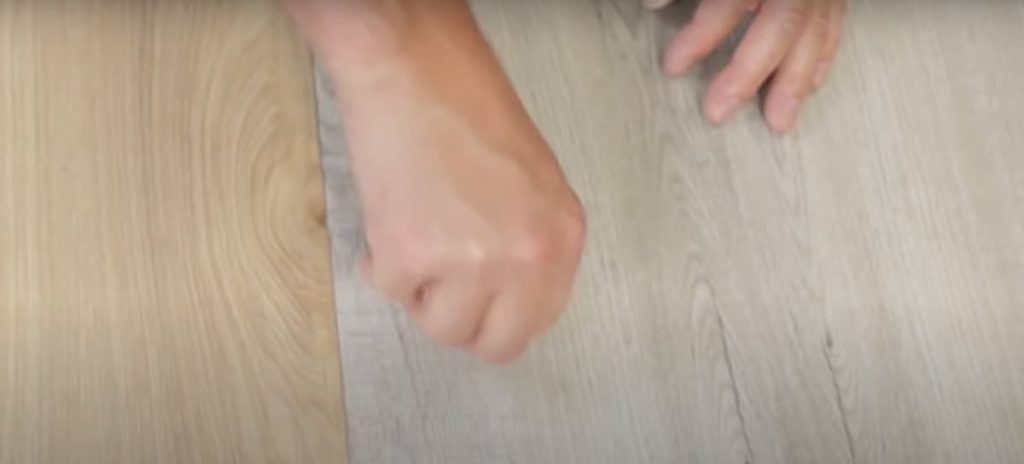
Cons for Installing Solid Wood Flooring
Solid wood flooring is more expensive than its counterparts, but it also tends to be worth the price due to its durability and attractiveness. Other types of flooring might not look quite as nice but could potentially offer similar functionality. However, solid wood floors may typically last longer and require less maintenance over their lifetime than linoleum or vinyl flooring, so your spending upfront may be worth it in the long run.
In addition, solid wood requires professional installation-unless you’re skilled enough to do it yourself. If you plan on tackling this job on your own consider wearing a respirator mask if you have allergies or asthma because sawdust from cutting through all that wood can be very irritating.
Solid wood floors are also vulnerable to becoming scratched or dinged if you don’t protect them with a sealant or wax coating. These types of flooring do tend to hold up well, but they were made for function not necessarily looks. If you’re looking for something that offers both durability and attractiveness, then solid wood is the right choice for your home improvement project.
The Verdict, Vinyl Planks vs Hardwood Floors
Ultimately, when it comes to vinyl planks vs hardwood floors, you have to decide what’s most important for your home. If you’re willing to spend a little more upfront and care for your floors properly, a hardwood floor is a fantastic choice in terms of both durability and appearance. You’ll enjoy its finer points every day while the benefits of a little professional installation and refinishing may pay off later.
However, if you’re looking for something that is cheaper and easier to maintain, then vinyl plank flooring might be the way to go. Depending on how your home is used, you might not even notice much of a difference between this type of flooring and solid wood. But if you’re looking for a more traditional kind of flooring that offers both durability and charm, consider hardwood floors.


